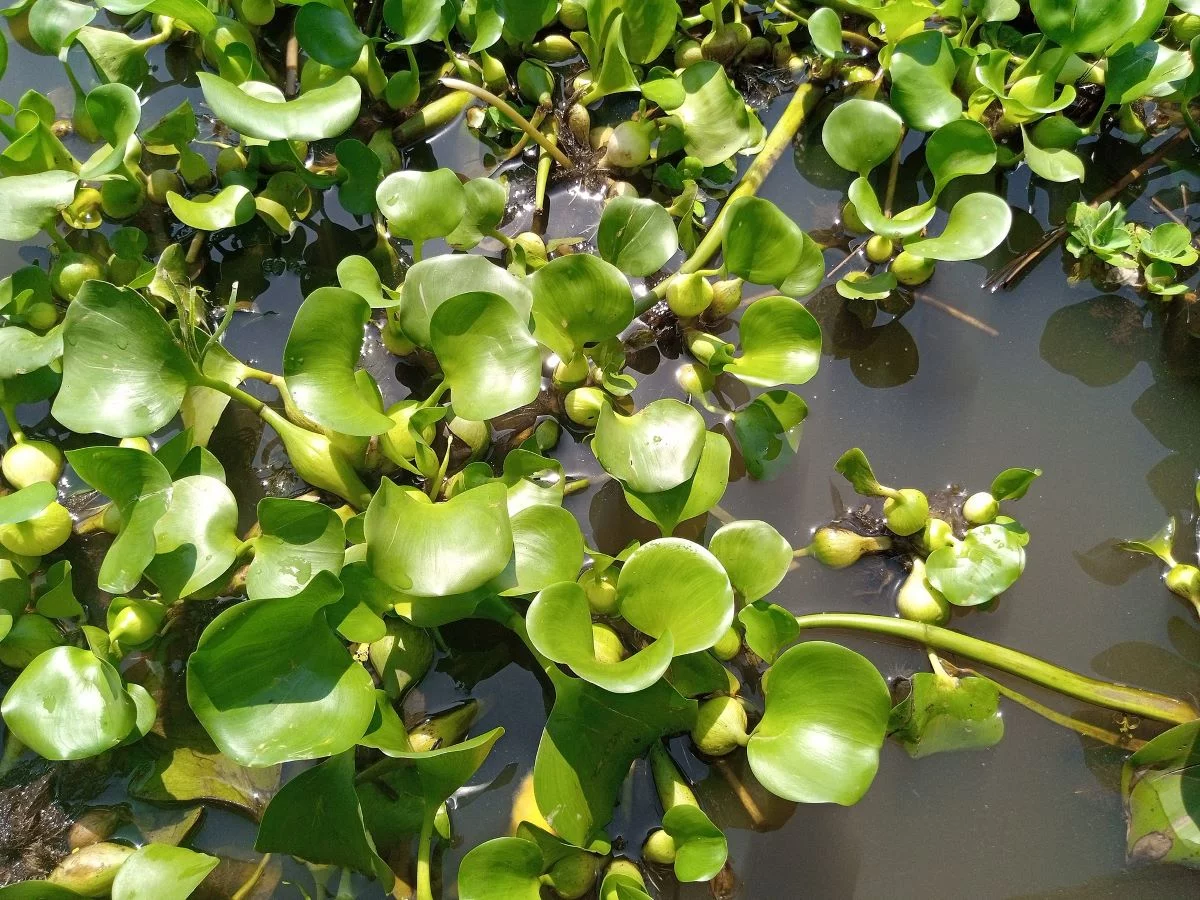
Water Hyacinth

Project information
| Project | Water Hyacinth |
| Duration | 2022-2023 |
| Project partners | Häme University of Applied Sciences, Egerton University, ADRA Finland Foundation and Community Initiative for Development (COMID) |
| Funders | Business Finland |
Water hyacinth is a perennial aquatic plant which causes multifaceted problems – environmental, economic and social – around Lake Victoria. The impacts are many at various levels of society. Biodiversity and aquatic flora and fauna changes. This threatens ecological sustainability of freshwater resources, but it also has impact on the economic of the communities dependent or benefitting on lakes and freshwaters. Economic impacts have direct links to social welfare. In summary, water hyacinth is causing system level challenges in the water dependent communities.
The accumulated understanding on eradication of water hyacinth can be summarized so that the only viable way to keep water hyacinth in control is large scale usage of the biomass. Water hyacinth is difficult if not impossible to destroy. The use of water hyacinth biomass with practical, sustainable and cost-effective approach is needed.
The water hyacinth project in Kenya (a Co-Creation project) examines the different uses of water hyacinth and their value chains. The alternative value chains are studied and compared by different aspects: economical, societal and environmental. The main focus is to find out business potential and research needs for involved Finnish companies. During the Co-Creation phase local context will be analyzed, piloting sites in Kenya selected and a joint Co-Innovation project between consortium partners will be developed.
The project is coordinated by Häme University of Applied Sciences and implemented in collaboration with Finnish and Kenyan companies, Egerton University, ADRA Finland Foundation and Community Initiative for Development (COMID) in Kenya.
Contact information


Water Hyacinth
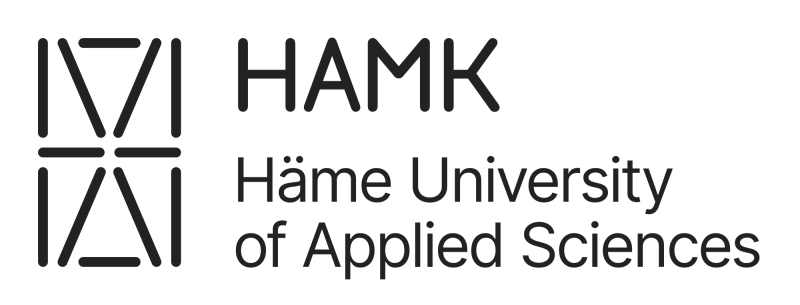

You might also like
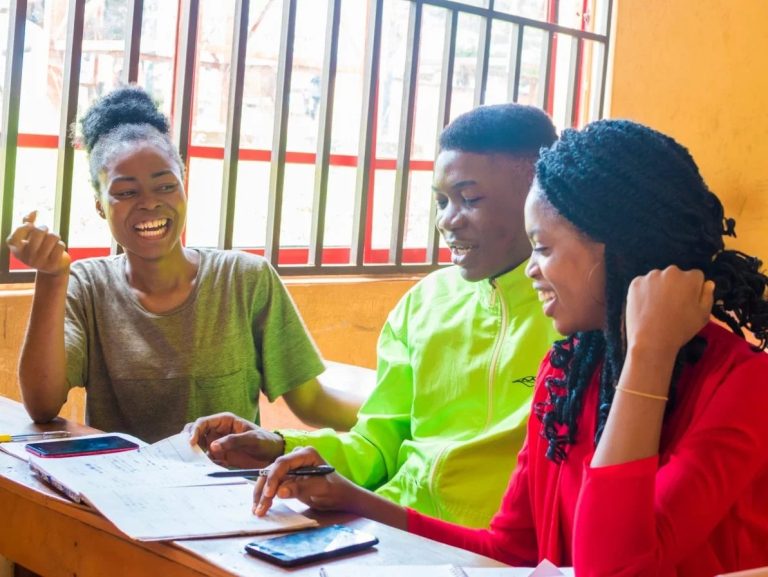
PBL-BioAfrica
PBL-BioAfrica is a collaborative project for strengthening the capacity in bioeconomy HEIs (Higher Education Institutions) in Kenya and Zambia. Reforming bio-entrepreneurship education to meet the needs in working life and to promote entrepreneurship among students and graduates will lead to economic productivity as well as environmental and social sustainability.
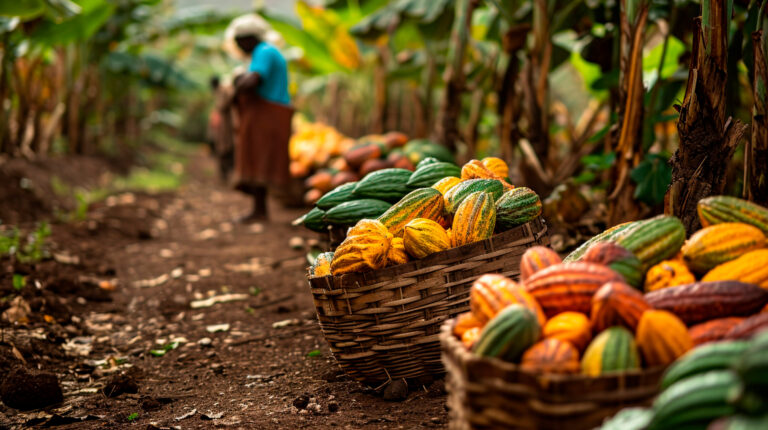
Cocoa business development
The overall goal of the Cocoa business development project is to create a sustainable business model that provides a reasonable income level to the farmers and utilizes cocoa by-products in environmentally and socially sustainable ways.
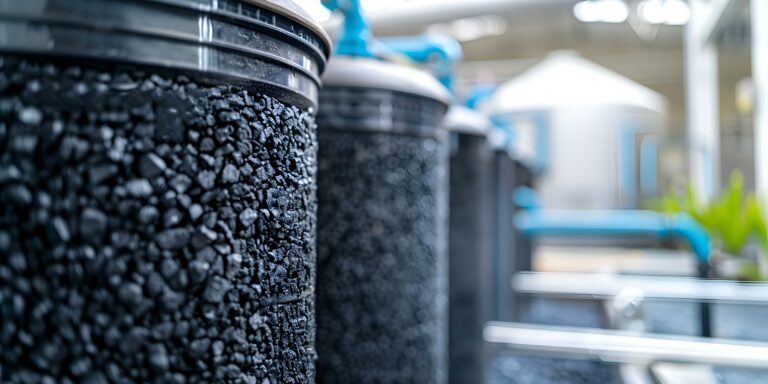
Biochar Africa
The Biochar Africa project aims to identify potential biochar markets in Southern and Eastern Africa, build innovation ecosystems at pilot sites, and develop competitive products and services for selected markets in Africa.